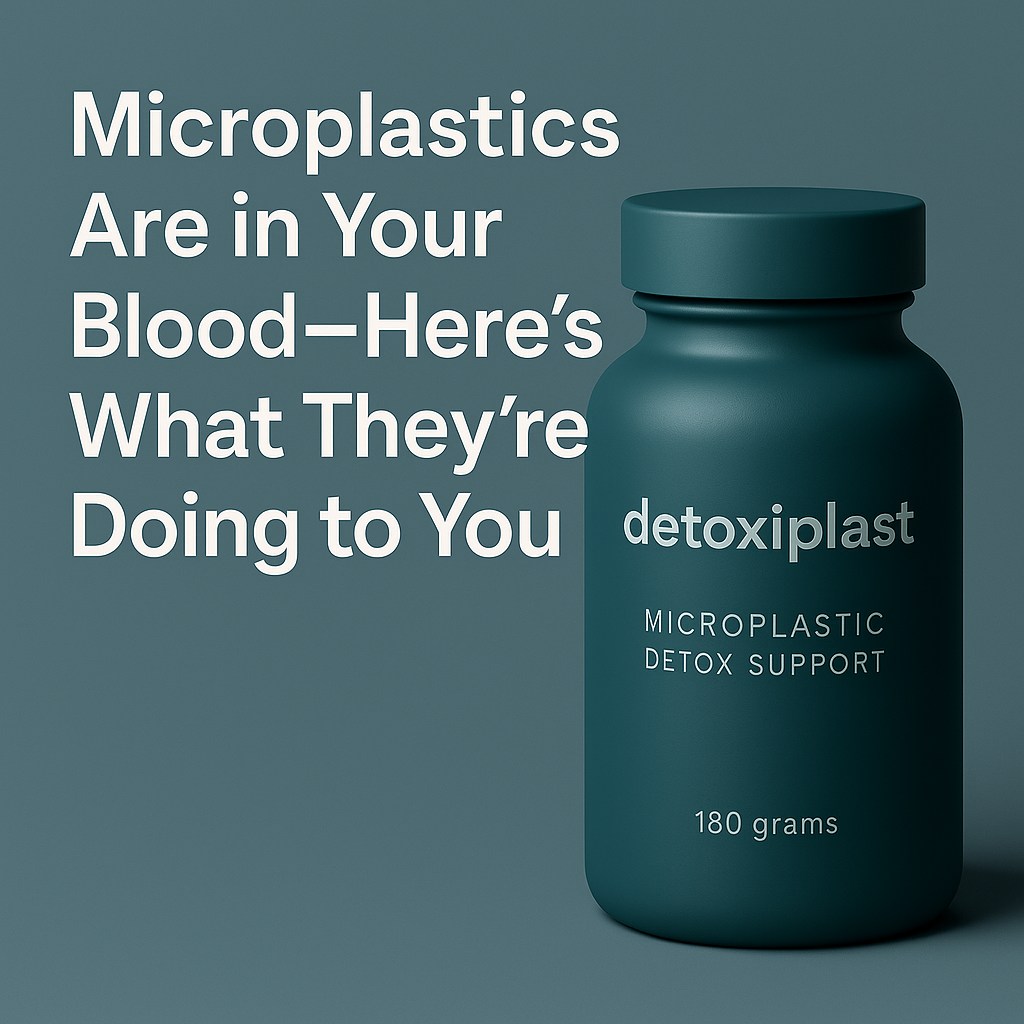
Microplastics Are in Your Blood — Here’s What They’re Doing to You
Share
A landmark 2022 study found microplastics in the bloodstreams of 80% of people tested. This isn’t fear-mongering — it’s scientific reality. If you’ve consumed food, water, or even breathed air in the modern world, you have plastic in your blood.
But what is it doing to your body?
Microplastics and Cellular Disruption
Microplastics can bind to hormone receptors, disrupting your endocrine system. That means they may interfere with:
-
Fertility and reproductive cycles
-
Thyroid function
-
Mood, sleep, and energy regulation
Over time, this endocrine interference can lead to symptoms that feel like burnout, anxiety, or fatigue — but may actually be linked to plastic-induced hormonal disruption.
Inflammation and Immune Confusion
Plastic particles aren’t just inert — they trigger the immune system. That creates a low-grade, chronic inflammation response, which has been linked to:
-
Brain fog
-
Skin issues
-
Autoimmune flares
-
Digestive imbalances
Your body may start to attack what it doesn’t recognize — including its own tissues.
Are You at Risk?
If you experience any of the following, microplastics could be part of the problem:
-
Chronic bloating or irregular digestion
-
Fatigue, especially in the morning
-
Skin rashes or acne
-
Anxiety or mood swings without clear cause
-
Inflammation or pain that doesn’t resolve
How Detoxiplast™ Can Help
Detoxiplast™ is a clinical-grade powder designed to support all three phases of detox:
-
Bind microplastics in the gut before they’re absorbed
-
Support the liver and lymph to mobilize plastic particles from tissues
-
Repair the gut lining and support elimination to ensure toxins are flushed for good
By using targeted binders, gut-healing compounds, mushrooms, and probiotics, Detoxiplast™ helps reduce internal plastic load and restore equilibrium.
Because plastic doesn’t belong in your bloodstream — and now, you can help your body eliminate it.
Explore More from the Detoxiplast™ Journal:
